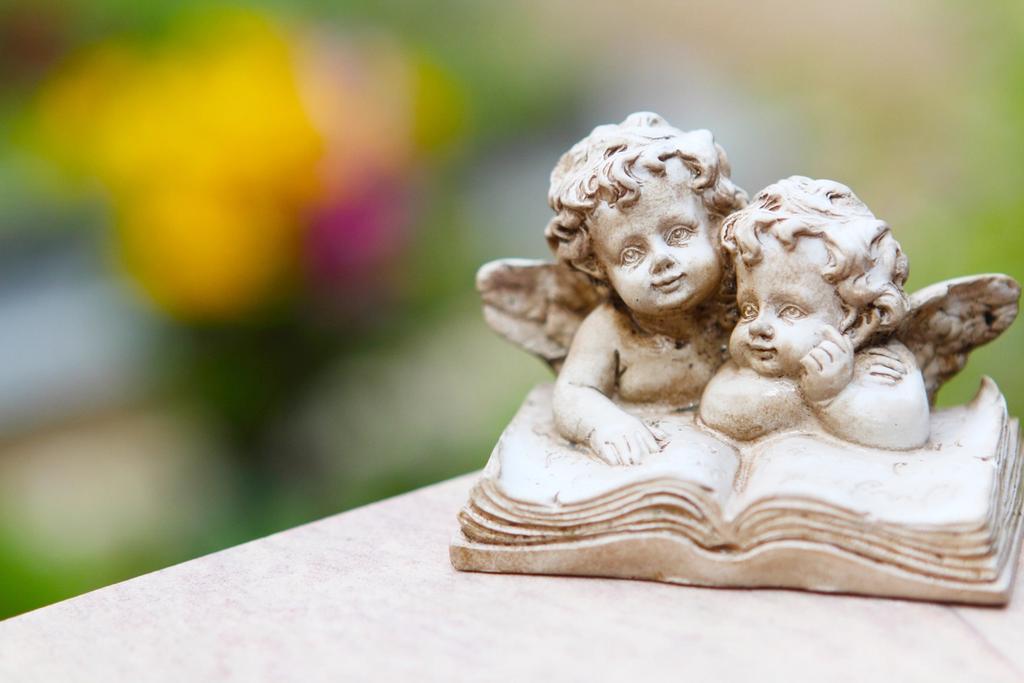How To Choose Pallbearers For Your Funeral
Pallbearers help to carry or escort the casket at a funeral.

Pallbearers are only appropriate if there will be a casket present for the service, which means they are usually not part of a memorial service.
When Pallbearers Are Appropriate
If you plan on having an open casket at your funeral, the casket will already be set up at the funeral venue by the funeral home staff. If there will be a closed casket at the funeral, it is traditional to have pallbearers bring the casket into the venue and remove the casket from the space to a hearse after the service. If there will be a cemetery burial after the service, the pallbearers can again carry or escort the casket from the hearse to the gravesite.
Who Can Be A Pallbearer
Pallbearers can be men or women, and are often either family members or close friends. Traditionally, there are six pallbearers at a funeral, as there are usually six handles on a casket (three on each side), though there are often two handles on the front and back sides of a casket, allowing for eight pallbearers.
Pallbearers are usually close family members and friends. Siblings, adult children, grown grandchildren, nieces and nephews, close friends, and colleagues are all common choices for pallbearers. However, anyone can serve as a pallbearer. Your pallbearers can be the same people who you've chosen to participate in the service in other ways (such as people delivering eulogies or readings), or you can choose people who are important to you but who will not be speaking at the service.
How To Choose Pallbearers
Being a pallbearer is often seen as an honor. When choosing your pallbearers, think about who you'd like to have this honor, but also consider who might not have the emotional wherewithal at the funeral for this job. In most cases, being a pallbearer requires physically carrying the casket, any you may want to consider choosing people who will be able to bear the weight. (If you'd like to choose someone to be a pallbearer and you don't believe he or she can physically carry the casket, consider making that person an "honorary pallbearer," explained below.)
Talk to the people you’re considering as pallbearers to let them know that you’d like them to participate. You might want to explain what the role entails and why you're asking the person to participate in this way. If a person has concerns about his or her ability to perform the role, you can address those concerns.
You might consider talking to your family about the people you'd like to serve as pallbearers. By letting your family know who you'd like to have as pallbearers at your funeral they can more easily follow your wishes. In addition, by making these decisions for your family, you can relieve any stress they may have had about choosing people to serve as pallbearers.
Honorary Pallbearers
If any people whom you would like to have as pallbearers are not physically capable of carrying the weight of a casket, those people can be made “honorary pallbearers” and can walk in front of, beside, or behind the casket. There is no limit to the number of honorary pallbearers that you can have at your funeral.
- How To Express Sympathy: What To Say And What...We’ve compiled a list of things to say—and things to avoid saying—when...Read more
- A Quick Overview Of Proper Funeral EtiquetteFunerals are emotionally complex, and knowing how to act can present a...Read more
- The Five Stages Of GriefAfter experiencing a loss, it's common to go through a range of emotions...Read more
- Funeral Pre-Planning Cheat SheetPlan now, rest later.Read more



